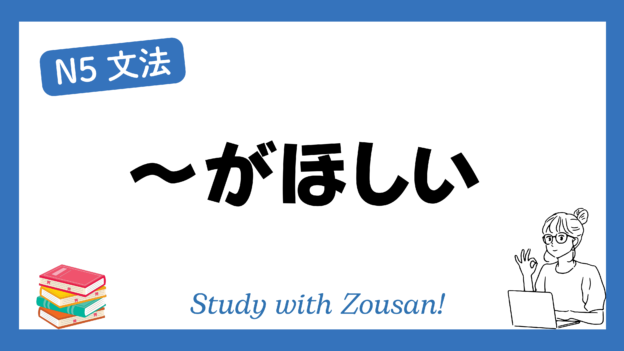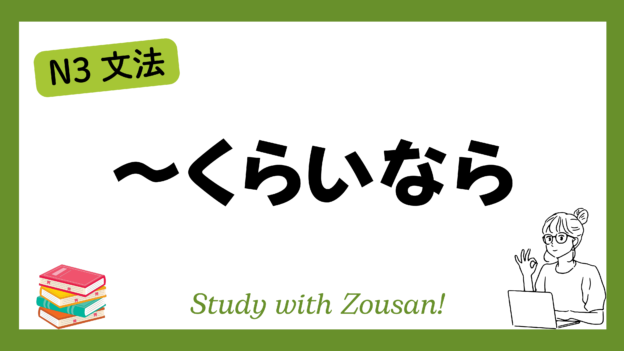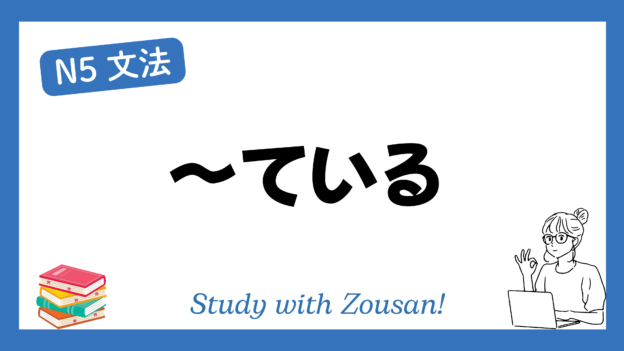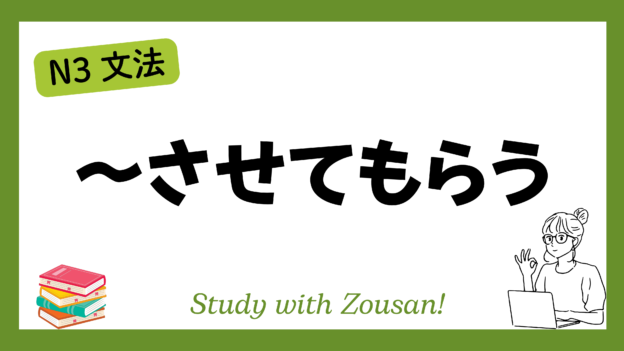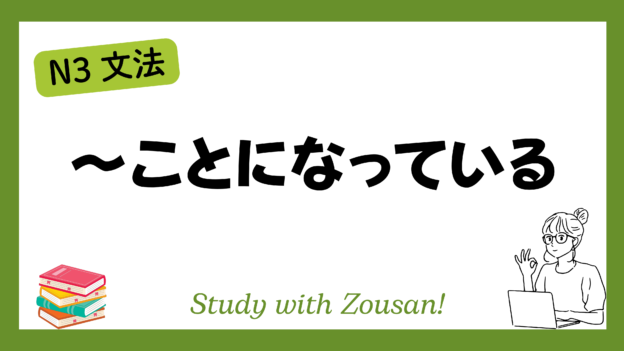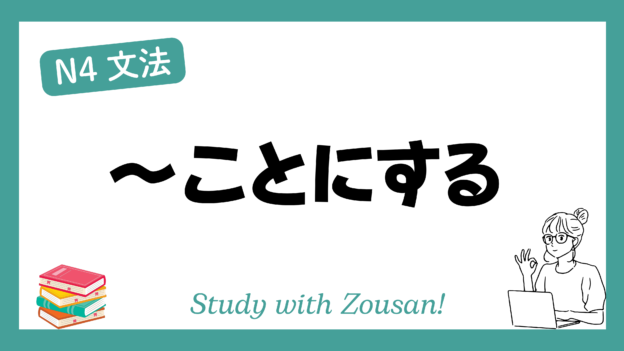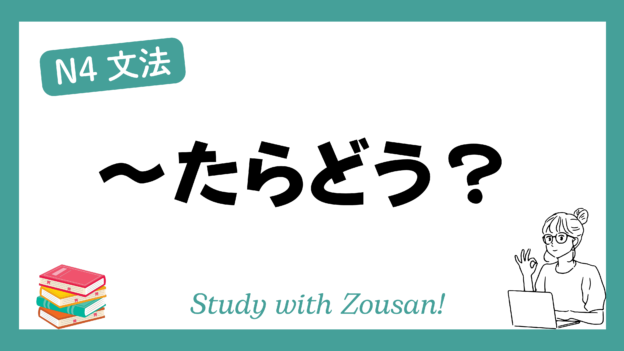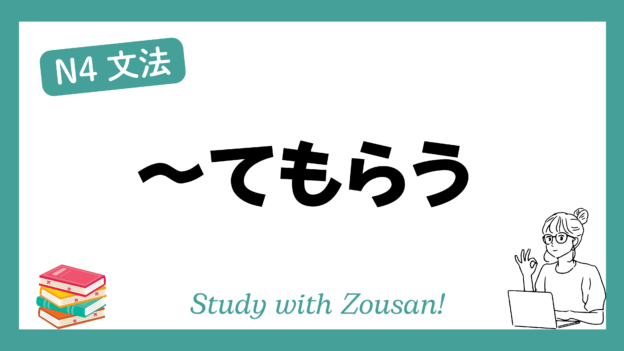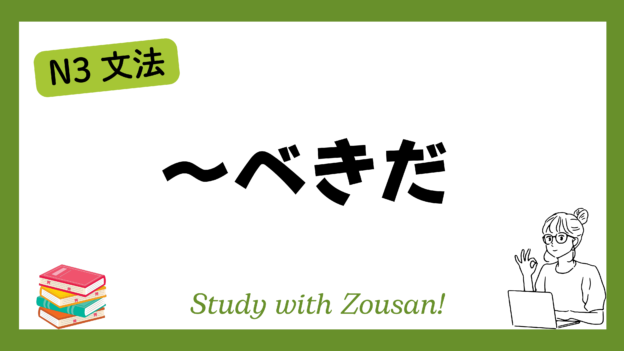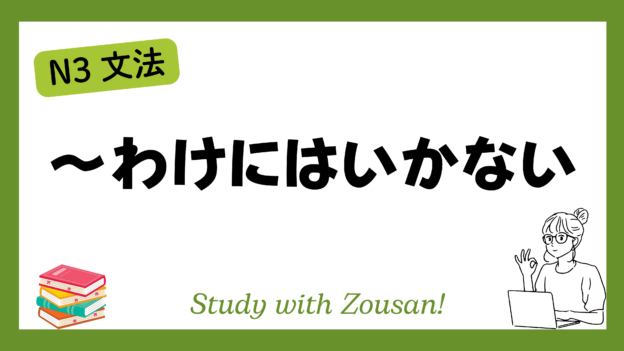Meaning: “Want to have…”
This structure is used when the speaker expresses a desire to have something. It is usually followed by a noun to indicate what the speaker wants to own or have.
※Note: This structure is only used to express the speaker’s own desires. When talking about someone else’s desires, use “~がほしがっている”.
Structure:
| Noun + が + | ほしい 欲しい |
Example:
-
-
-
🌟 私は新しい車がほしいです。
(わたし は あたらしい くるま が ほしい です)
I want a new car. -
🌟 彼はお金がほしいです。
(かれ は おかね が ほしい です)
He wants money. -
🌟 私は休みがほしいです。
(わたし は やすみ が ほしい です)
I want a break. -
🌟 彼女は新しいバッグがほしいです。
(かのじょ は あたらしい バッグ が ほしい です)
She wants a new bag. -
🌟 私は時間がもっとほしいです。
(わたし は じかん が もっと ほしい です)
I want more time. -
🌟 彼はパソコンがほしいです。
(かれ は パソコン が ほしい です)
He wants a computer. -
🌟 私は友達がほしいです。
(わたし は ともだち が ほしい です)
I want friends. -
🌟 彼女はペットがほしいです。
(かのじょ は ペット が ほしい です)
She wants a pet. -
🌟 私は新しい服がほしいです。
(わたし は あたらしい ふく が ほしい です)
I want new clothes. -
🌟 彼は自由な時間がほしいです。
(かれ は じゆうな じかん が ほしい です)
He wants free time.
-
-


